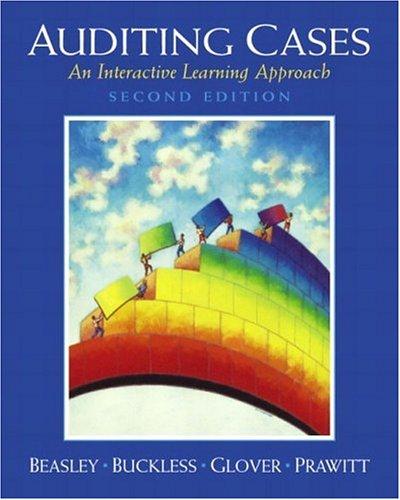Answered step by step
Verified Expert Solution
Question
1 Approved Answer
Please assist to: 1. write a report with peer- reviewed articles based on the results of this self assessment m Agreeableness 92nd percentile extremely high
Please assist to:
1. write a report with peer- reviewed articles based on the results of this self assessment






Step by Step Solution
There are 3 Steps involved in it
Step: 1

Get Instant Access with AI-Powered Solutions
See step-by-step solutions with expert insights and AI powered tools for academic success
Step: 2

Step: 3

Ace Your Homework with AI
Get the answers you need in no time with our AI-driven, step-by-step assistance
Get Started







